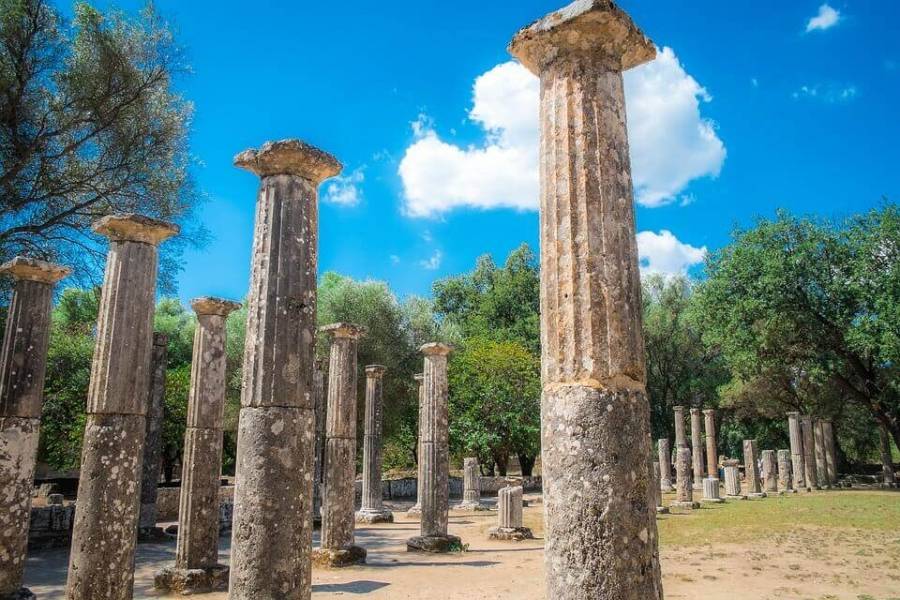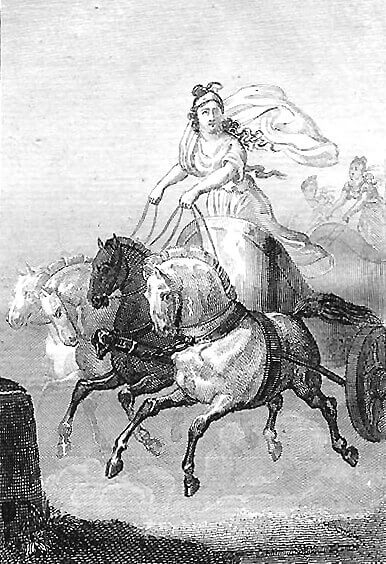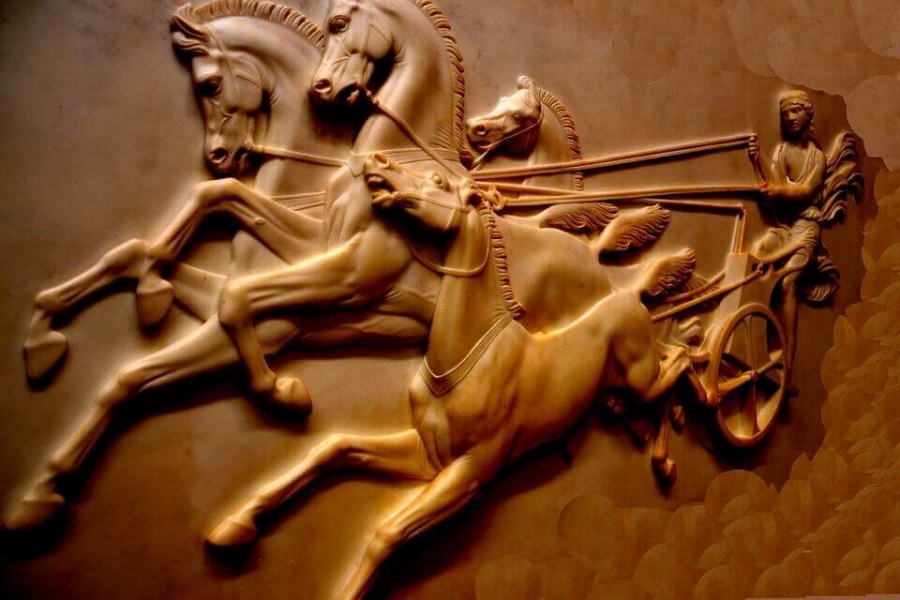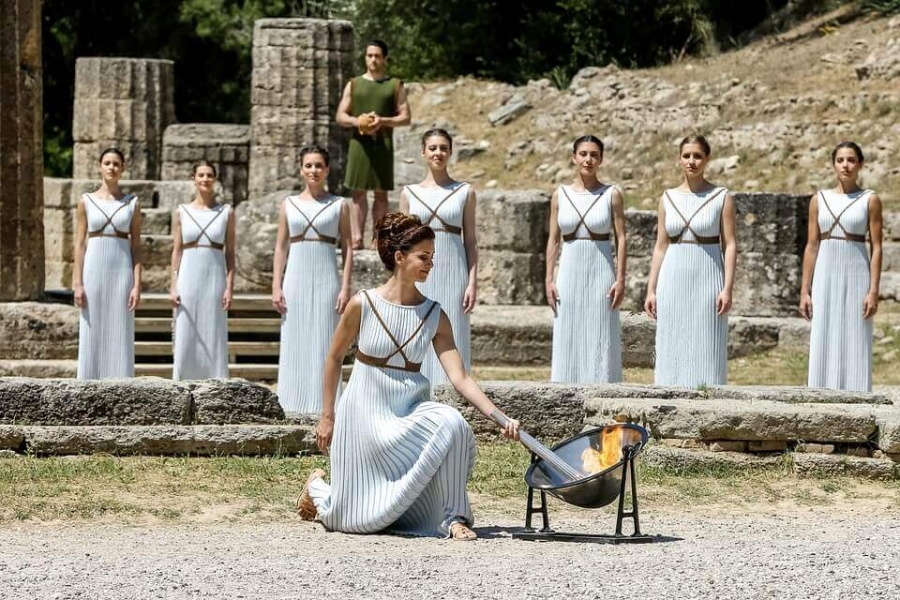Olympics is a sports event that needs no description. Winners of this global competition- both males and females become celebrated sportsmen & achievers, not just in their own countries but worldwide. However, the journey this far has not been easy nor achieved overnight. Olympics have changed significantly and evolved a lot since it first started supposedly in 776 BC.
The ancient Olympic games were very different from the ones we have now. The events available were considerably less and participants came from only ancient Greece and their colonies. Only people from affluential background could participate in the games, as training for the sports, transportation to the venue and lodging expenses had to be paid by the competitor himself. No material prizes or financial incentives were awarded on victory. Victory in ancient Olympic games brought only an olive wreath (also known as kotinos) and recognition for the sportsman (although many received gifts and honors on returning to their city-states).

The ancient Olympic games which started as a festival held in honor of the god Zeus was also not open to all. Women and men who were not Greeks (or freeborn) were not allowed to participate. The site of ancient Olympic games also stayed the same, which was Olympia in ancient Greece.
Cynisca of Sparta, sometimes also known as Kyniska, was a princess of the Greek city state – Sparta. Born around 440 BC, she would later become famous as the first woman to win in an event in the ancient Olympics.
Cynisca of Sparta was the daughter of King of Sparta – King Archidamus and his wife – Eupoleia. She also was the sister of Agesilaus, who later became a very notable & famous king of Sparta on his own merit. Being born into the royal family of Sparta did give Cynisca, quite a few advantages which many other contemporary women of other Greek city-states did not have.
Although her name literally translated means “female puppy” but she was certainly not a damsel in distress. Besides having a rich family background, it is believed that from a very young age, she was an expert horse rider which along with her boyish attitude, made her a perfect candidate for Olympic games

Whereas women in other city-states of Greece were expected to behave in a feminine manner, but in Sparta, the girls from an early stage of life were encouraged to participate in horse riding, hunting and other sports like the boys, as these qualities in future were expected to help them in producing a stronger next generation.
Although princess Cynisca wanted to take part in the Olympic games, the laws of the time prohibited her from doing so. Women were not even allowed to enter the stadium where the games were held in Olympia. It was an exclusive males-only tournament. However, the rules had one exception, which Cynisca used to her advantage.
Women were not allowed to compete in running events or other combat sports, but they could indirectly participate in only equestrian events and that too as only the breeder, trainer, and owner of the horses. The actual horse racing had to be done by someone else. However, the owner of the horses was credited with the victory.
Various sources have pointed out that it was Cynisca’s brother – Agesilaus II, who encouraged his sister to actively take part in equestrian competitions. However, the reason for this remains controversial. Some believe that it was a brotherly concern on part of Agesilaus, along with his wish to encourage women and rekindle the warrior spirit in the Spartan society. Some others maintain, that Agesilaus wanted to discredit chariot racing, trying to portray it as a sport without any inherent merit where any rich person, with resources to breed and train horses, could win. If the winner was female, the reputation of the sport would go down further.
Whatever the reason of Agesilaus may have been, Cynisca put up a team to compete in the Olympics for 4 horse chariot racing. The horses of Cynisca performed exceedingly well and her horses won the Olympic championships both in the year 396 BC and 392 BC. Irrespective of Agesilaus’s cause behind promoting his sister, the victory greatly increased the stature of Cynisca in front of the people of Greece, who held her in high esteem for her achievement

Ironically, Cynisca never saw her horses win the race, because as previously mentioned, the rules were very clear, that women wouldn’t be allowed inside the stadium. Despite this, she was honored by a bronze statue of herself, her chariot, horses & charioteer being placed in the “Temple of Zeus” in Olympia, Athens. An inscription stating that she was the only female to win the chariot events in Olympic games was also put alongside.
Cynisca’s image is much more than a rich woman who bred horses and won an Olympic victory. In fact, Cynisca’s win at the Olympic events greatly influenced Greek women of the time. Many other women from city-states other than Sparta too followed in her footsteps. Some of these were – Euryleonis, Hermione, Encrateia, and Zeuxo; however, none of them achieved the glory & stature as the first woman Olympic winner – Cynisca of Sparta.

Although some people may find the fact, that she did not race her chariot herself a bit anticlimactic, but even a journey of a thousand miles starts with a single step. As far as women’s activities in the Olympic games is concerned, that small step was taken by Cynisca. Cynisca became a social symbol of a successful woman who carved a separate identity for herself on her own in ancient Greek world and even in the modern world, symbolizes the social rise of women and is a source of inspiration to women worldwide.